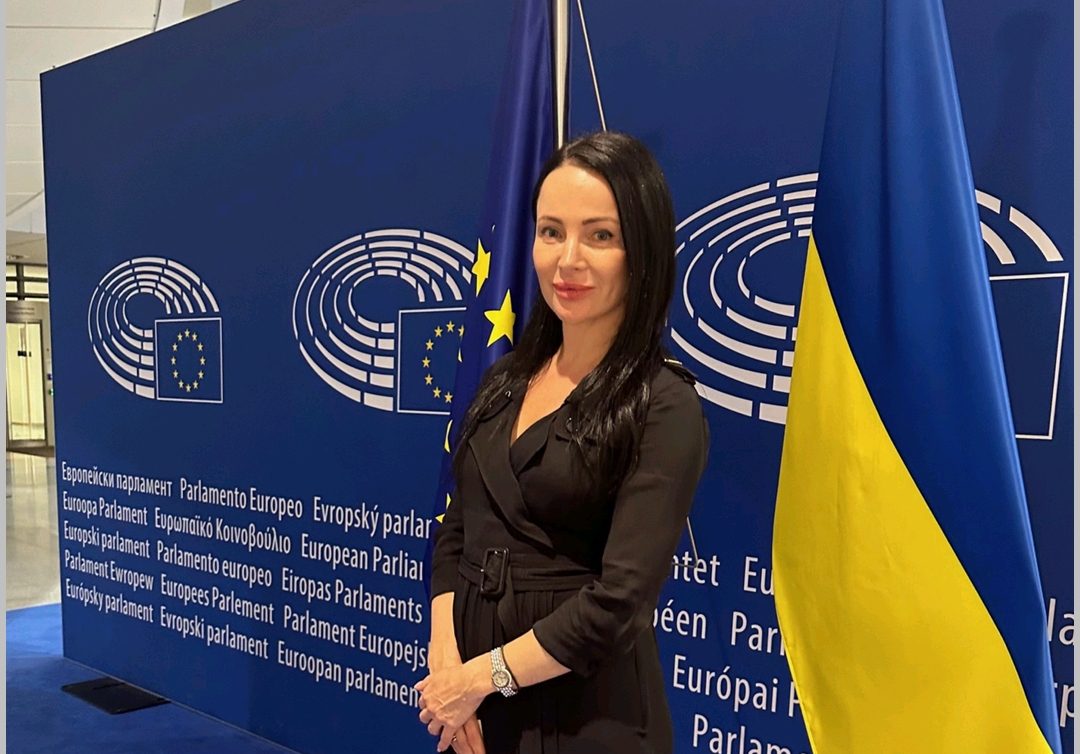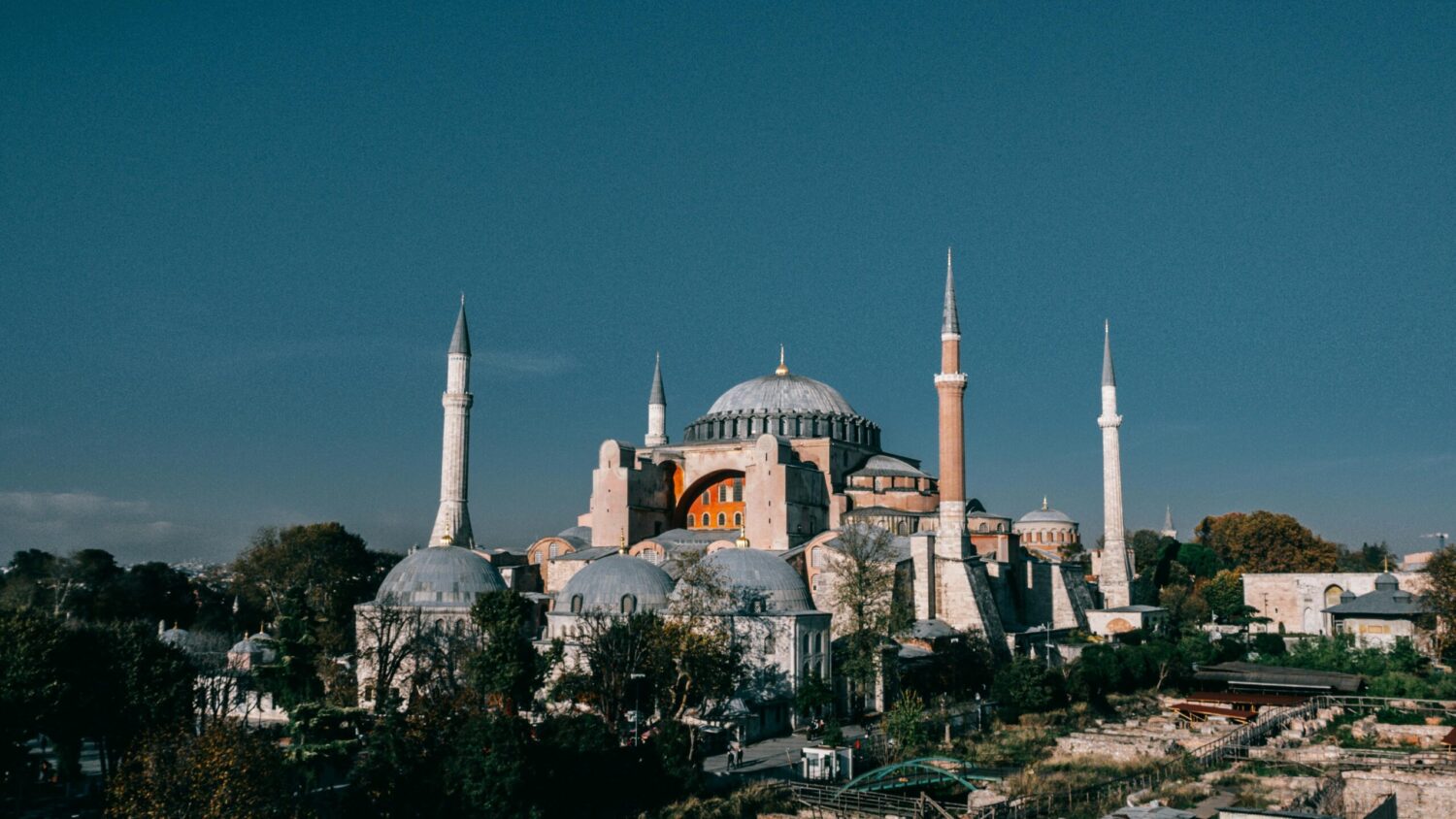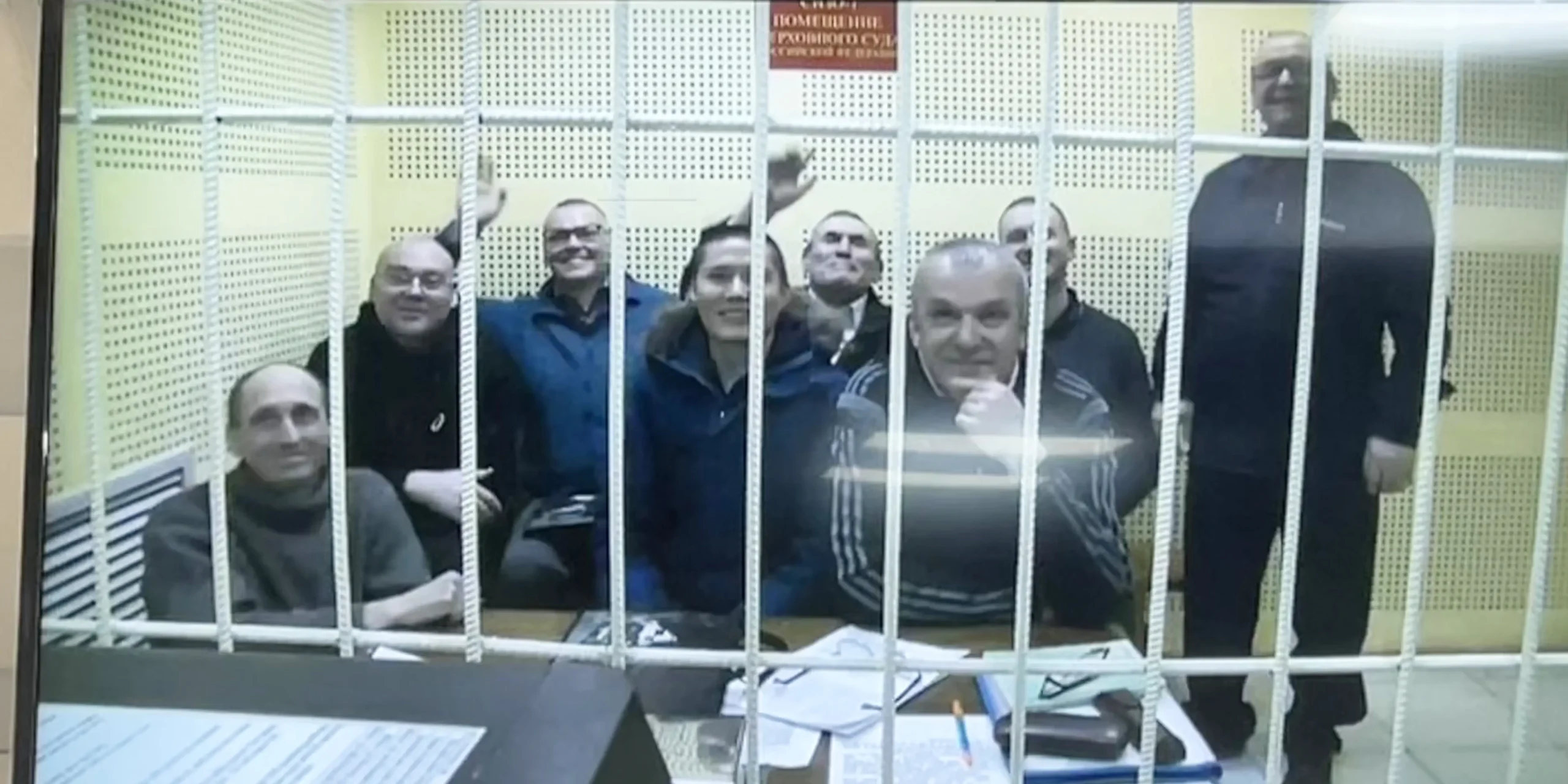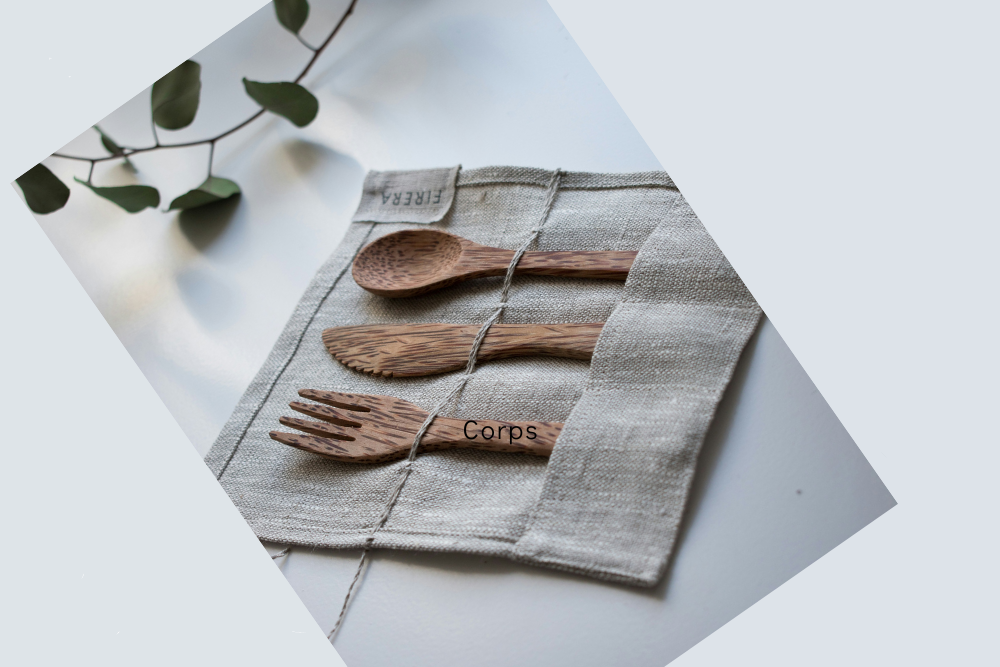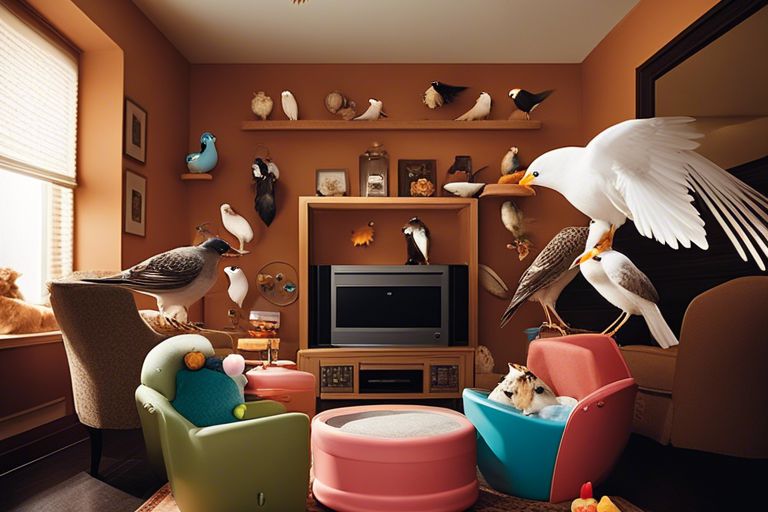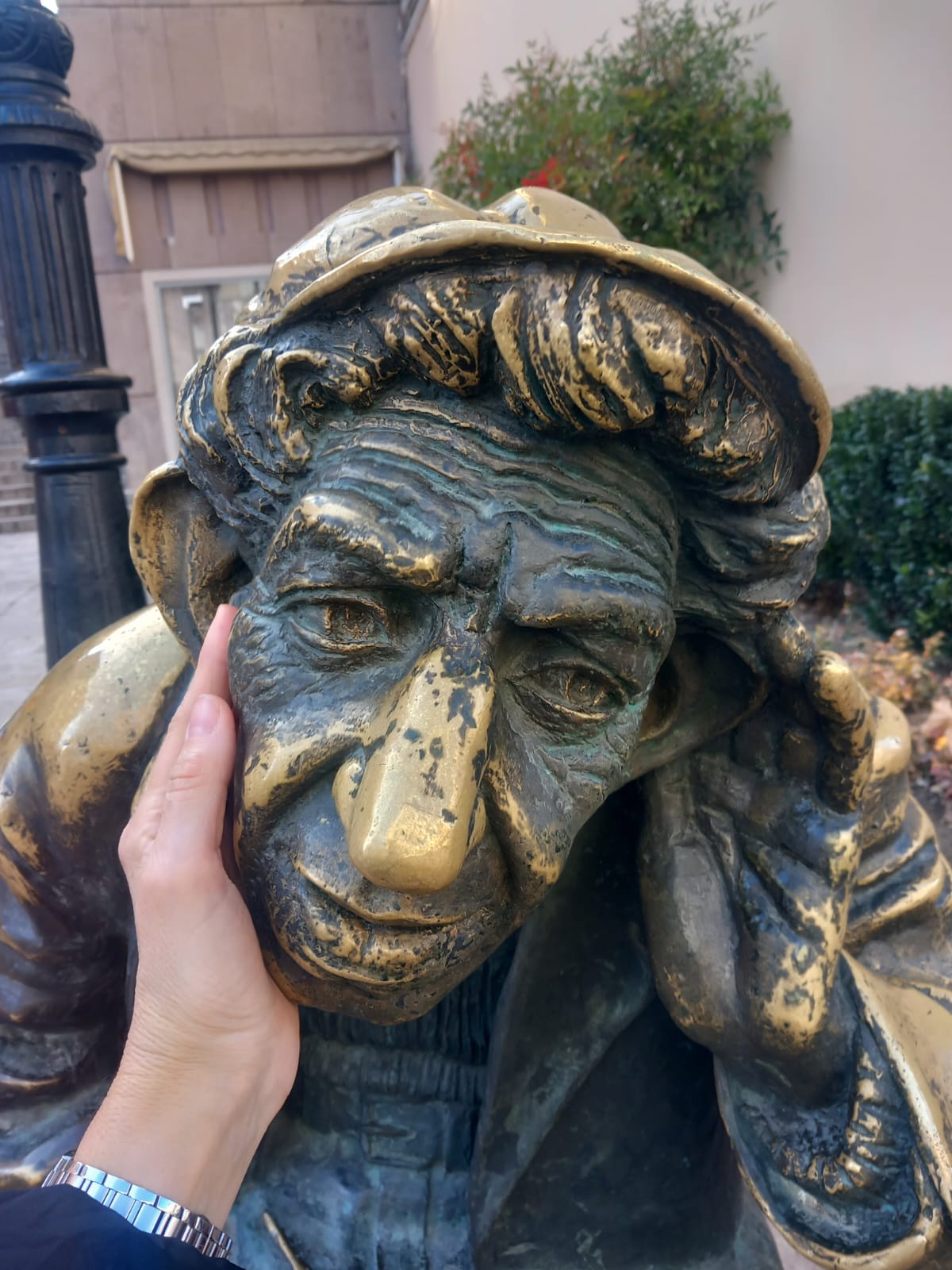During a recent visit to Brussels of Alona Lebedeva, the head of the industrial Aurum Group, I had the opportunity to meet and interview her about her professional career and her commitment to help Ukrainian children
Alona Lebedeva was born in 1983 in the city of Yaroslavl, 250 km northeast of Moscow, at the time of the Soviet Union. The country was then under the short rule of Yuri Andropov (November 1982 – February 1984) who was to be followed by Konstantin Chernenko for a short period (February 1984 – March 1985). It is mainly under the rule of Mikhail Gorbatchev, characterized by his glasnost and perestroika policy, that Alona Lebedeva spent her childhood in the Soviet Union.
Early in her youth, she dreamt to be an independent woman who would take her own life in her own hands.
When she was in the 9th grade, she decided that one day she would move to Kyiv and she prepared for it. She loved literature, read books night after night, wrote articles, poems and fiction works. Her first dream was to enroll in journalism because she wanted to drive, to travel, to write reports from hot spots. But later on, after having soberly evaluated and weighed all the pros and cons, she decided to follow another orientation: diplomacy combined with economics.
In 2000, she graduated with honors from Secondary School No. 3 in Chernivtsi. She went to Kyiv and enrolled in the National Taras Shevchenko University, Institute of International Relations, Department International Economic Relations. Travelling abroad and gaining experience was the next step in her life: an internship in a consulting company in Austria in 2001 and several internships in Ukraine. She graduated in 2006 in international economic relations.
She then became the financial director of the Inter Car Group (ICG) for which she had previously worked during her studies as a trade agent and afterwards as a sales manager.
In 2009, she bought all the shares of ICG which she renamed Aurum Trans in 2016. Soon afterwards, she created the Aurum Group in Kyiv, which is now a large corporation grouping together over 20 big enterprises. A number of them produce railway wagons, are engineering businesses, chemical plants, agricultural enterprises, etc. Alona Lebedeva is now the major owner of it.
Q.: When was the “Charity Foundation of Alona Lebedeva Aurum” founded and why did it first start with the assistance to children in need of medical treatment?
A.L. The idea of helping children first started in my mind on a Christmas Eve. While scrolling Facebook I found an article about a new born baby whose parents were asking for financial support for surgery. What impressed me a lot is that in the support letter, it was written «For someone, getting a new Iphone for Christmas is the most important thing and for the another, that amount of money will safe a life.» On the next day, I covered all expenses for the surgery of the baby and now he is a healthy and cheerful boy.
The real starting point of a charity foundation was an incident in my professional environment: the emergency transfer of the 7-year-old grandson of one of our employees to the Kyiv City Children’s Clinical Infectious Diseases Hospital. Our Ukrainian doctors who receive a very small salary, are under-equipped and work in conditions that mostly do not meet modern require with an incident, could not guarantee that they would be able to save the child but they managed it.
So by chance, having plunged into the problems of one clinic, we decided to systematically help modernize children’s municipal hospitals. In 2017 we registered the “Charitable Foundation of Alona Lebedeva Aurum” and began repair work. Of course, our first object was the Kyiv City Children’s Clinical Infectious Diseases Hospital, where they saved the life of our employee’s grandson but the amount of work is still extremely large and without the help of benefactors, it is difficult for the state to do it alone.
Q.: What were your first projects?
A.L.: I will give you a few highlights of the activities of our foundation which you can also find on our website with a lot of photos. In 2017, we renovated three boxed wards in the department for the treatment of children with infectious diseases of the nervous system of the Kyiv City Children’s Clinical Infectious Hospital. In all wards, the premises were renovated, new bathrooms were installed, new beds and cabinets for individual use were purchased.
In 2018, our foundation carried out repairs in the Kyiv City Children’s Clinical Hospital No. 1. The surgical ward was renovated, new windows were installed, decorative repairs were made; doors, lamps, and a sink were replaced; functional beds and new mattresses were purchased. The shower room was fully equipped: the water pipes have been replaced, the walls and floor have been decorated with ceramic tiles, three showers and a bathtub have been installed.
In 2019, our foundation quickly helped to purchase consumables that were needed during an emergency operation on the brain of a small child. And the baby was saved!
One year later, together with the All-Ukrainian Charity Organization “Mother and Baby”, we purchased and delivered express tests for coronavirus and respirators to children’s hospitals in Kyiv.
Three years ago, funds were allocated to the parents of little Dominika for her medical treatment. Her family owns a plot of land that was leased by one of the Aurum Group agricultural enterprises.
Q.: Two years ago, Russia aggressed Ukraine, is now occupying a part of its territory and goes on waging its war against your country, shelling cities, housing, schools, hospitals… What has been the impact of the war on the humanitarian activities of the Aurum Group?
A.L.: The war has dramatically impacted our usual humanitarian activities as we had to broaden the scope of our initial objectives.
When the full-scale invasion war started in February 2022, all the enterprises of the Aurum Group actively helped their communities and the military 24/7. They contributed to the delivery of bread and flour to residents of border villages.
We purchased and handed over five vehicles needed by the army, including an ambulance. One of the cars went to the military from the 93rd brigade of Cold River. We provided one of the units of the Armed Forces with a portable solar power plant. We delivered food kits to civilians, the Armed Forces and rescuers in the war zone. We gave the border guards reinforced concrete blocks, necessary for strengthening the border with the aggressor country, staples and anti-tank hedgehogs.
We received warm thanks from the 5th detachment of the State Border Guard Service (DPSU) for our contribution to strengthening the security of the state border, our fruitful cooperation in the fight for territorial integrity and the independence of Ukraine.
More than 1,000 slab carriers were also handed over, 200 of which were with slabs, for a total amount of over UAH 2.5 million. During the year, we held many events sponsored by the enterprises of the Aurum Group and we were hereby able to cover the needs of waste disposal in the regions for a total amount of over UAH 3 million.
Q.: Didn’t your usual civilian health projects suffer from your prioritizing war-related assistance?
Of course, we did not interrupt those medical projects. For example, in 2022, we sent two batches of the life-saving drug Euthyrox to patients of several institutes of endocrinology in Ukraine. Also, in cooperation with other charitable foundations, we supplied medicines to the KP Kryvorizky Oncology Dispensary.
We have also founded a charity foundation in Brussels to help Ukrainian children while they are in Europe. The non-profit organization “Aurum Charitable Foundation” helps Ukrainian children affected by the war gain access to critical medicine in Europe.
We financially supported a children’s sleep laboratory which was launched for the first time in Ukraine.
Since the beginning of the war, most of our assets have been under occupation. The rest of them are unprofitable but constant funding is required, Although, of course, the volume of financial support has significantly decreased, I have not closed our charitable projects.
In the first half of 2023, the Aurum Charity Foundation of Alona Lebedeva implemented projects for a total amount of about 2.5 million hryvnias: over 1.9 million hryvnias for the needs of the military, 350 thousand hryvnias for aid to communities and the population affected by the war and another UAH 200,000 for medical care.



